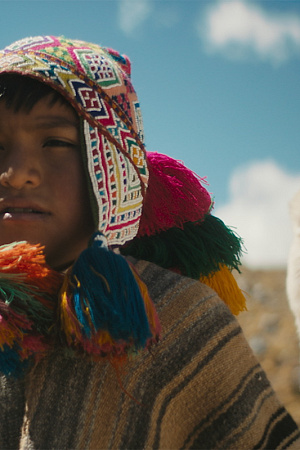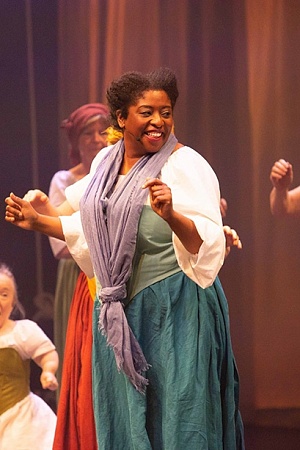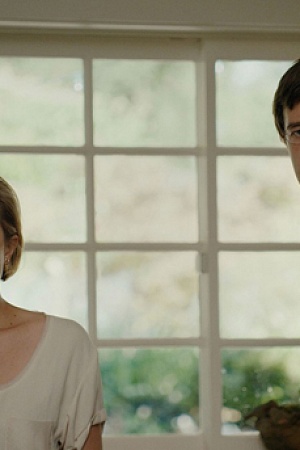The Tragedy of Macbeth

Could Macbeth be Shakespeare’s most innately cinematic play? Even in its brief stage directions and off-stage action, it conjures up daring battlefields, horrible massacres, spine-tingling witchcraft, wandering spirits, duels on castle ramparts, and a moveable forest. Every few years another filmmaker tries their hand at it, Orson Welles (Macbeth, 1948), Akira Kurosawa (Throne of Blood, 1957), and Roman Polanski (Macbeth, 1971) notable among them. 2006 gave us Geoffrey Wright’s best-forgotten Dunsinane-does-Underbelly version, while Justin Kurzel (director of Snowtown and the recent Nitram) injected his terrific 2015 version with rousing battle sequences and a blockbuster-ready, musclebound Thane of Glamis. Now, not long after Kurzel’s film, comes The Tragedy of Macbeth from Joel Coen, working without his brother Ethan for the first time in decades. Where Kurzel’s version aimed for historical realism and cinematic virtuosity, Coen’s adaptation is faithful above all else to Macbeth’s original medium: the theatre.
Continue reading for only $10 per month. Subscribe and gain full access to Australian Book Review. Already a subscriber? Sign in. If you need assistance, feel free to contact us.











Leave a comment
If you are an ABR subscriber, you will need to sign in to post a comment.
If you have forgotten your sign in details, or if you receive an error message when trying to submit your comment, please email your comment (and the name of the article to which it relates) to ABR Comments. We will review your comment and, subject to approval, we will post it under your name.
Please note that all comments must be approved by ABR and comply with our Terms & Conditions.